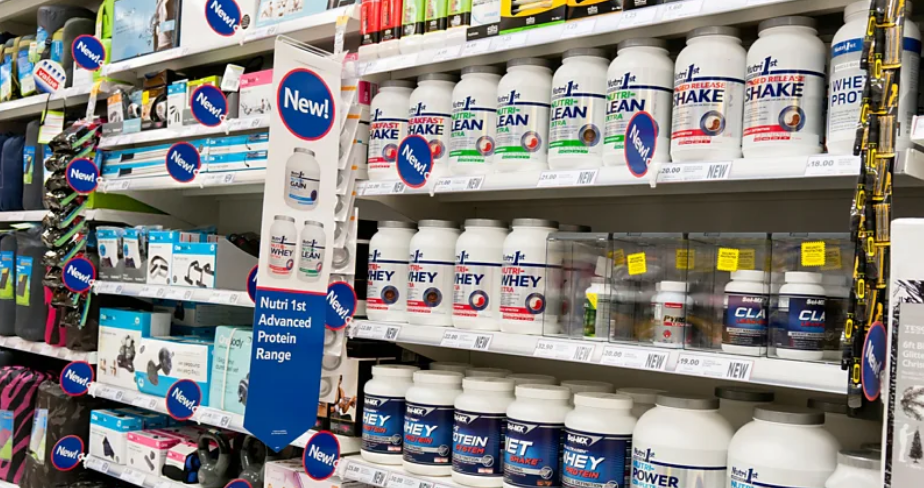Long known as a staple in sports nutrition, creatine is now drawing attention from scientists for reasons beyond muscle building. Recent studies are exploring how this naturally occurring compound may support brain health, improve mood, and help manage various health conditions — including sleep deprivation and even long Covid.
Creatine, which is produced in small amounts by the liver, kidneys, and pancreas, is typically associated with improved physical performance. Athletes and bodybuilders often supplement with it in the form of creatine monohydrate. However, its role as a key cellular energy regulator is now sparking research into its impact on mental function and resilience.
One recent study led by Dr. Ali Gordjinejad at the Forschungszentrum Jülich research centre in Germany found that a single large dose of creatine significantly improved cognitive performance in sleep-deprived individuals. Volunteers given creatine showed faster reaction times and improved memory compared to those given a placebo.
“We believe sleep deprivation places neurons under stress, making the body more receptive to creatine uptake,” said Dr. Gordjinejad. While the dosage used — 35 grams — far exceeded recommended levels and could cause adverse effects, the results suggest short-term cognitive benefits worth investigating further.
Meanwhile, broader research is examining creatine’s potential as a therapeutic supplement for mental health and chronic illness. A study conducted by researchers in Serbia found that long Covid patients given 4 grams of creatine daily for six months reported reduced brain fog and improved concentration.
Other findings suggest creatine may also support mood regulation. In one trial, participants with depression who received creatine alongside cognitive behavioural therapy showed greater improvements than those on therapy alone.
“Creatine helps fuel the brain and influences neurotransmitter levels,” explained Dr. Douglas Kalman of Florida International University. “These are both factors that can affect how we feel emotionally.”
Large-scale studies have also uncovered a possible protective effect against certain illnesses. A study involving 25,000 participants over age 52 found that higher dietary creatine intake was associated with a reduced risk of cancer. Animal studies suggest the supplement may help slow tumour progression and ease symptoms related to menopause, possibly due to its antioxidant properties.
Researchers are now beginning to examine how creatine functions across the entire human lifecycle, from reproductive health to early childhood development. Dr. Stacey Ellery from Monash University in Australia notes creatine’s role in everything from sperm motility to foetal growth and breastmilk production.
While experts caution that more research is needed — particularly regarding optimal dosage and long-term effects — the growing body of evidence suggests that creatine’s influence extends well beyond the gym. As studies continue, this once niche supplement could emerge as a key player in supporting mental, physical, and metabolic health across all stages of life.


